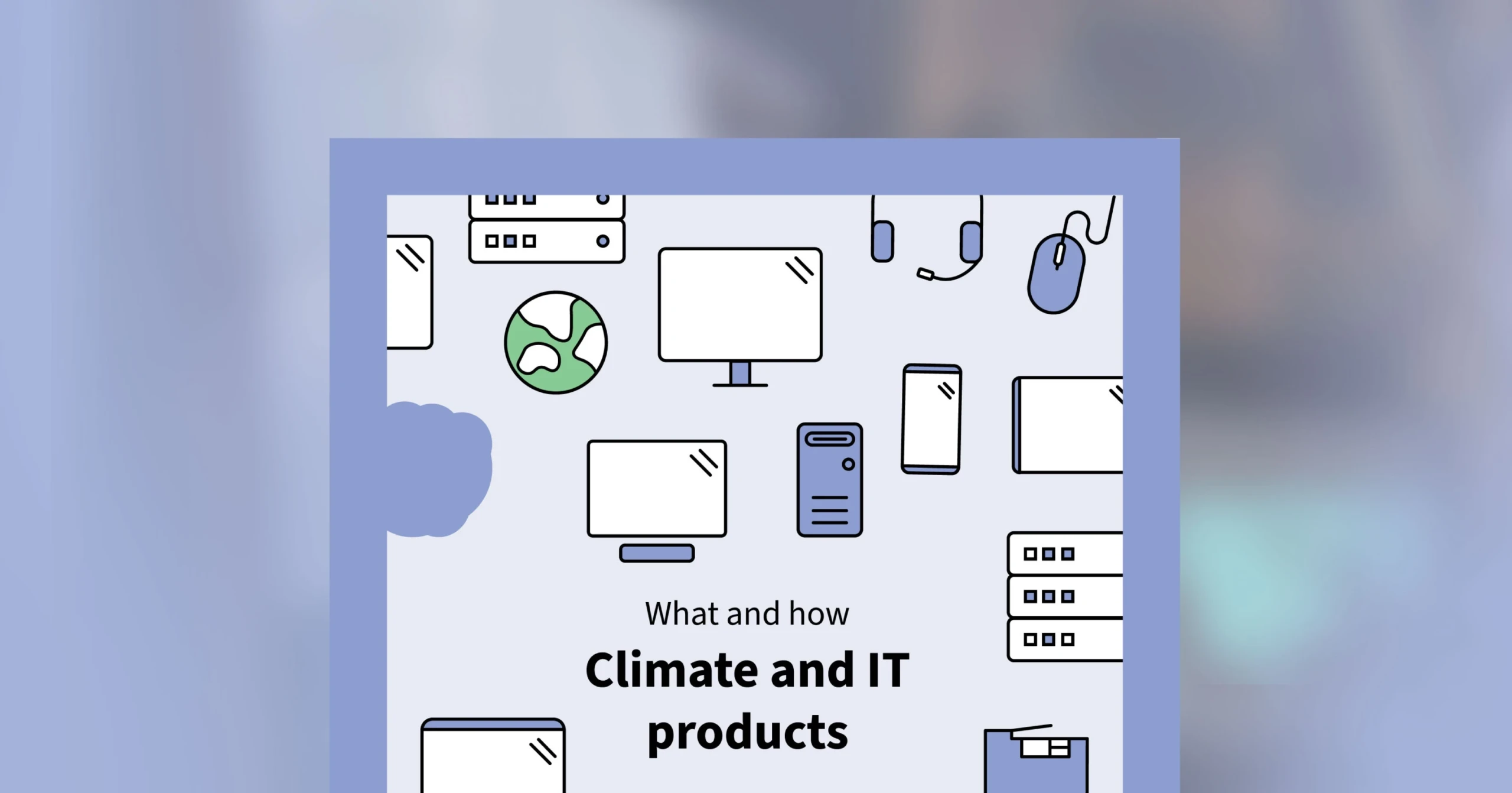From mining sites to factory floors, the IT supply chain is a complex system, often operating in regions where worker protection and environmental regulations are weak or poorly enforced.
Stephen Fuller is our expert on supply chain sustainability and social responsibility. With first-hand experience of factories across Asia and South America, he has spent years tackling the industry’s key challenges. As developer of TCO Certified’s supply chain criteria, he walks us through the most recent updates, which include a widened scope beyond final assembly.
Expanding compliance to next-tier suppliers
Since 1999, TCO Certified has steadily strengthened social and environmental requirements on the IT product supply chain and made significant progress.
“We are now ready for the next step: moving beyond final assembly factories. In this latest generation, we’re introducing audits and the same system of corrective action plans and follow-up further up the supply chain,” says Stephen. “We’re starting with display panel factories, addressing both environmental risks and working conditions.”
The choice to focus on display panel suppliers was a natural one. Large factories, extensive chemical use, and a substantial product carbon footprint (up to 50% of that of the final product) mean that every improvement has a significant potential impact.
Most of these factories are also directly contracted by brand owners, meaning they are already aware of social responsibility requirements, and often well-equipped to achieve compliance within the given timeframe of 18 months. Furthermore, many of them are familiar with TCO Certified through its criteria related to visual ergonomics, making the onboarding process shorter and smoother.
Better practices, better business
A key challenge in improving supply chain conditions is that individual IT brands often feel they don’t have enough influence to demand better practices from suppliers. Meanwhile, factory owners hesitate to invest in sustainability improvements, fearing higher costs could drive away business.
To address this, TCO Certified Accepted Factory List was introduced in 2018, helping IT brands identify suppliers committed to high sustainability standards. With the list, factories that manufacture certified products are divided into risk categories. Those that are proactive in their sustainability efforts – and continuously meet the TCO Certified criteria – are placed in a low-risk category, while factories with persisting sustainability issues are categorized as higher risk.
By highlighting suppliers with strong sustainability efforts, the list encourages responsible practices and reduces the risk of losing business due to ethical improvements. In fact, suppliers in the low-risk category actually attract more customers, proving that responsible operations are worth the investment.
“Many brand owners say they lack leverage over major suppliers,” Stephen explains. “TCO Certified Accepted Factory List turns sustainability into a competitive advantage, while also strengthening IT brands’ influence over suppliers.”
Driving responsible mineral sourcing
The challenges don’t stop at factories. Many essential IT materials come from mining regions with histories of conflict, worker exploitation, and environmental damage. Since 2015, TCO Certified has required brands to map their supply chains and ensure that smelters and refiners follow responsible sourcing standards.
“The first challenge we faced when looking at minerals was that many Asian brands weren’t as engaged in conflict mineral issues as American brands, who were influenced by regulations like the Dodd-Frank Act,” Stephen explains. “When we introduced stricter requirements, we were able to bring more companies on board.”
The latest efforts strengthen due diligence for conflict minerals such as tin, tantalum, tungsten, and gold (3TG), as well as cobalt, to ensure more suppliers meet sustainability benchmarks. At the same time, there’s a growing push to increase the use of recycled materials.
“We’re now looking at how to encourage recycled materials in mineral sourcing,” says Stephen. “Identifying smelters that work with recycled scrap is an important step toward making IT products more sustainable.”
Turning a long-term vision into reality
Improving supply chain sustainability is an ongoing process that takes monitoring, collaboration, and increasingly ambitious requirements. By 2033, TCO Certified aims to push compliance even further up the supply chain, ensuring workers are paid a living wage rather than just minimum compensation. New water management criteria will be introduced to protect ecosystems near manufacturing sites, and responsible sourcing requirements will now cover high-risk materials such as mica and lithium.
“Sustainability in supply chains is a challenge, but it’s one we can tackle through collaboration and innovation,” Stephen emphasizes.
These efforts are part of the Roadmap for Sustainable IT, which lays out TCO Certified’s long-term strategy for responsible manufacturing and use. For IT buyers looking to make a difference, clear, step-by-step guidance for including TCO Certified in procurement is available on our How to use page.




